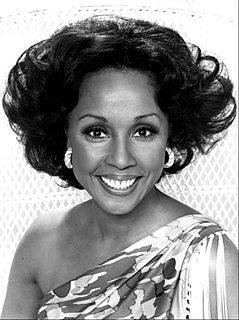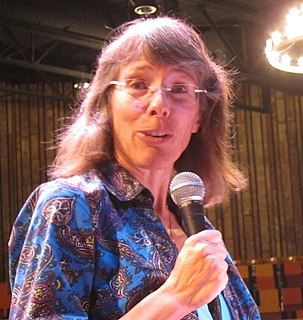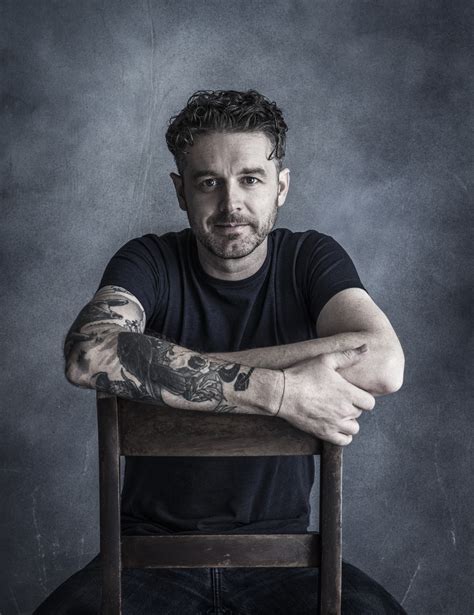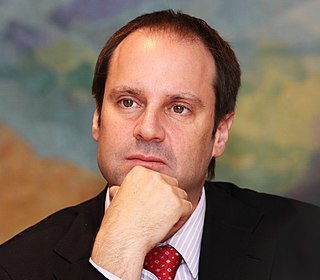A Quote by William J. Clinton
When I think about the world I would like to leave to my daughter and the grandchildren I hope to have, it is a world that moves away from unequal, unstable, unsustainable interdependence to integrated communities - locally, nationally and globally - that share the characteristics of all successful communities.
Related Quotes
I think we're going to care more about Americans than Africans. I don't think that's ever going to go away, and I don't think it's ever going to go away that people care more about their families than strangers, and their communities over other communities. But I think it would transform the world in such a good way if we could just acknowledge, at least intellectually, that an African life and an American life are the same.
Latino actors and actresses have had to struggle for decades, but when I came around with Real Women Have Curves, attitudes were starting to change. We screened the film all over the world - in Jewish communities, black communities, Greek communities, German communities - and people across the board said, "That's my family."
I suppose our lives need to be more integrated. We have white communities and black communities and white country clubs and black country clubs. It's very important when we integrate ourselves, and it helps us to have a better understanding of the world, to people all over the world and this is the time in history that we have become very aware of how important that is, so I think it's just really-we have to know each other and work together and play together in order to write about each other.
I saw my job [as president] as to try to move the world from an unstable condition of interdependence toward more integrated cooperative world community. Therefore, my approach was to cooperate wherever possible and to build institutions of cooperation, an expanded NATO, the World Trade Organization, the Summit of the Americas, the Asian Pacific Leaders, all those, the coalition to fight in Bosnia and Kosovo, to cooperate wherever possible but to act alone if we had to.
I think that we need to begin talking about what does it mean to create these safe spaces in our communities, to begin welcoming one another into our homes and into our communities when they're returning home from prison, people who are on the streets. We need to begin doing the work in our own communities of creating the kind of democracy that we would like to see on a larger scale.
Social entrepreneurs come from all levels of society and from communities in nearly every country of the world. They all share the same underlying drive and passion to see their ideas through. Many of them have had a huge effect on the world, yet most people have not even heard of them - a trend we hope to change!

































